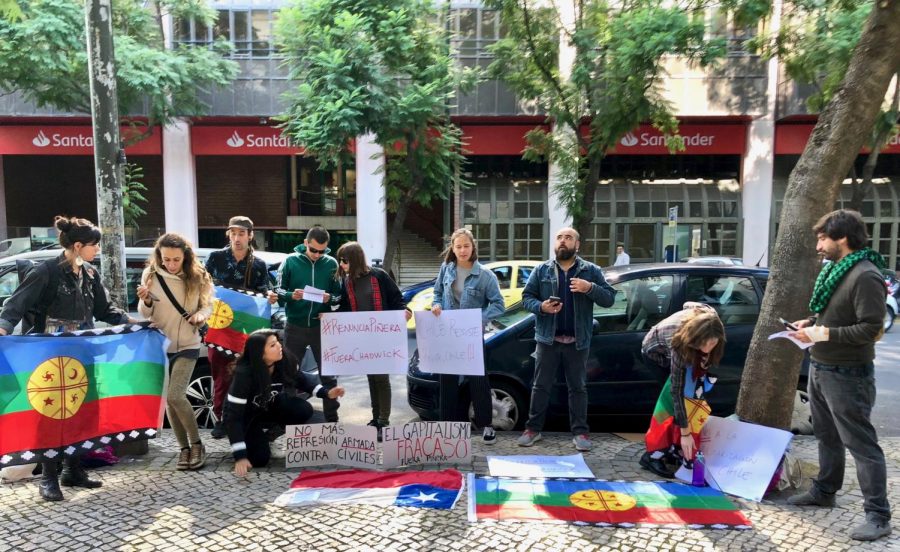In a historic election, citizens of Chile have voted to replace their constitution after a turbulent year of protests against economic and social inequalities that have swept the country.
Nearly 80% of citizens voted for a new constitution, with more than 7.5 million voting, according to NPR. Cheers of “Renace Chile,” which “Chile reborn,” filled the air as people flooded the streets to celebrate a new beginning.
Chile’s current constitution, written in 1980 by dictator Augusto Pinochet, has been at the core of protests across the country. Many feel the legacy of Pinochet, who ruled from 1973-1990, lives in the constitution, thus making it unjust and thoroughly unrepresentative of the people, according to Chile Today.
The 1980 constitution also restricted representation, perpetuating the social and economic gap within Chile. Even after dozens of amendments, many still did not feel that it was enough to erase the constitution’s origin, reported NBC.
“We are giving birth to a new constitution and we are leaving behind the constitution of Pinochet and his entourage,” a celebrating Chilean citizen told BBC.
Along with the right to healthcare and better pensions, Chileans want their new constitution to protect the right to housing and education.
Fernanda Namur, a citizen of Chile in support of the new constitution, said she wanted the constitution to “represent our lower class and give them a fighting chance in this seemingly rigged game through decent education and accessible medical care,” reported BBC.
The fight for equality in Chile is not anything new. Despite being one of the most affluent countries in Latin America, the country has greatly struggled with economic and social disparities, according to Reuters.
Protests, many of which were student-led, erupted Oct. 18, 2019 over a 4% increase in public transit fares, but the issue ran much deeper than that. The demonstrations grew increasingly violent as the military was deployed to quell the protests, reported NPR.
In total, 36 people were killed and hundreds more injured, tortured, or sexully assauted over the course of the protests, reported Vox.
Now, the protests are seen as the reason the constitution made it to the ballot.
“If it were not for the brave young people who fought for us, no one would have gone out on to the streets. I had wanted this to happen for a long time and it happened and thanks to them, today we have won,” said Juan Pablo Naranjo, a celebrating citizen of Chile, to BBC.
Chile’s new constitution will be written by an assembly of 155 people that will be elected in April; half of which will be women. This will be the first time in the world a constitution will be written with gender parity, according to the Washington Post.
This groundbreaking aspect of the new constitution began with feminists across Chile who circulated the hashtag “never again without women,” when referring to writing a new constitution. Congresswomen demanded half the constitutional convention seats, which have since been granted to them.
Voters will return to the polls on April 11 to elect the assembly, which will then have nine months to write a new constitution.








